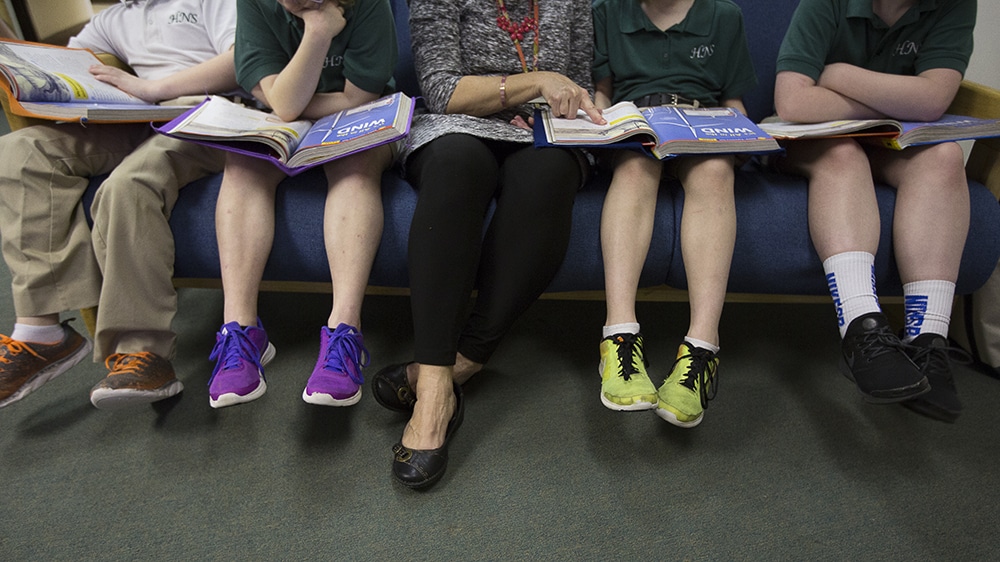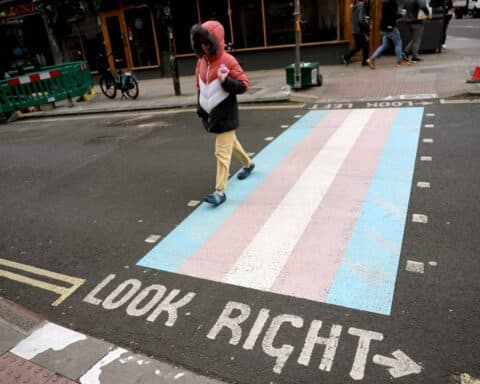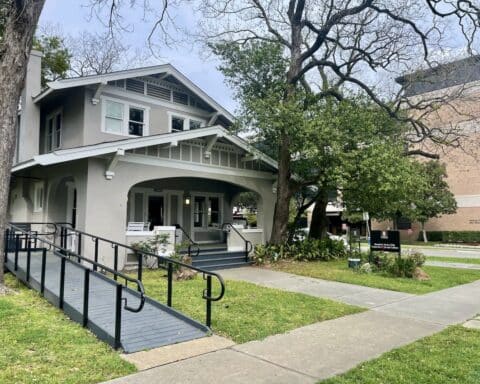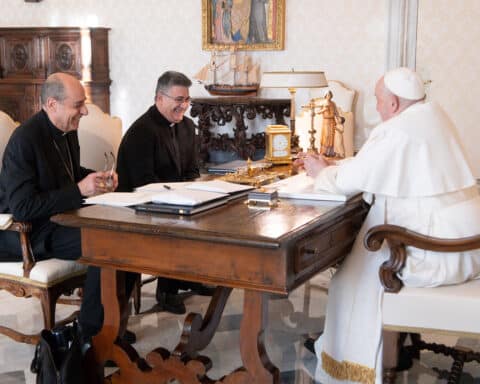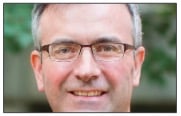
While government-run schools attempt to be neutral about human values and personhood, the secular influence in our present climate is becoming more political. Catholic schools, conversely, provide a clear vision of the human person that is rooted in Christian anthropology, nature and grace, offering parents great peace of mind that their children will be formed in a way that reflects a Christian understanding of the human person.
The document from the Congregation for Catholic Education offers guidance for parents and educators on some of the complex challenges of forming children with a Christian vision in a culture that seeks to promote, and even regulate, a vision of total personal freedom separate from the truths of existence. The congregation proposes and follows a specific methodology for dialogue on these matters: to listen, to reason and to propose.
The document states that gender and sex, while distinct, cannot be completely separated such that a person’s gender is only seen as a matter of choice without reference to biological sex. The total separation of gender and sex (and, indeed, of body from will — a dualistic anthropology) reflects a broader cultural assertion that “what counts is the absolutely free self-determination of each individual.” The resulting cultural and societal changes in the understanding of identity, marriage and family clearly pose challenges for Catholic families and schools as they seek to educate children in the true teaching about the human nature. Some of the challenges come from government, whether local or federal, as it seeks to restrict how independent, religious and Catholic schools operate and educate. But other challenges are more internal.
In the United States there are 6,300 Catholic elementary and high schools providing an excellent, faith-based education to almost 1.8 million students, most of whom, but not all, are Catholic. Test scores, graduation rates and self-discipline are rated higher in Catholic schools than in other schools; however, what is equally important to most Catholic-school parents are the values and faith formation passed on to their children, not only in religion class, but through a school culture and curriculum permeated by the Gospel of Jesus Christ. And overwhelmingly, parents talk of how they love and value the sense of belonging and community in their Catholic schools.
Parents are the primary educators of their children, and Catholic schools are called to partner with parents in this role. Because of this, dialogue between parents and their child’s school is critical. When challenges having to do with sexual identity or orientation of students, parents or faculty arise, the school is called to mirror the process used in “Male and Female He Created Them” — namely, to listen, to reason and to propose. In my experience with Catholic schools, I have seen such a process used a number of times. What is interesting to note is how difficult issues and challenges, while rare, are often so well addressed through dialogue, and resolved with mutual respect and agreement.
There are a number of critical factors that come into play during such discussion and discernment. First and foremost, the Church’s teaching on the dignity of every human person as made in the image and likeness of God, as well as the fundamental call to welcome others, must be respected. This indeed is the reason behind listening and dialogue. Second, the facts of the situation must be looked at in a rational way, and on a case-by-case basis, with a faithful witness of mercy, truth and justice. And third, the Gospel and its authentic Christian anthropology must be an integral aspect of the school’s teaching and curriculum. Not every situation can be resolved in a way that pleases all parties.
Just as enrollment in a Catholic school requires a free choice on the part of parents who want such an education, so, too, Catholic schools are free to insist on the school’s mission and purpose. This might mean, on occasion, inviting those families, faculty or students who do not agree with the school’s mission to leave and seek a different school that supports their thinking. It must also be noted that at times leaders make mistakes and people are hurt or wronged; the call of mercy, truth and justice must apply to everyone.
Catholic schools focus on a fully integrated, rigorous academic and faith education that seeks to form the individual human person. That work flows from a vibrant educational community. If or when a situation arises regarding issues of human sexuality, it should be addressed, not only in the light of the Gospel, but also in the context of a living faith community, a gathering of people — students, faculty, parents and leaders — who have chosen to come together for the formation and education of children. It is this community and sense of belonging, based on a common faith belief, that makes Catholic schools such a wonderful environment for children and families in today’s confused and challenged society.
Thomas W. Burnford, D.Min, is the President/CEO of the National Catholic Educational Association. NCEA provides resources, formation and advocacy to the 6,300 Catholic schools in the United States.

